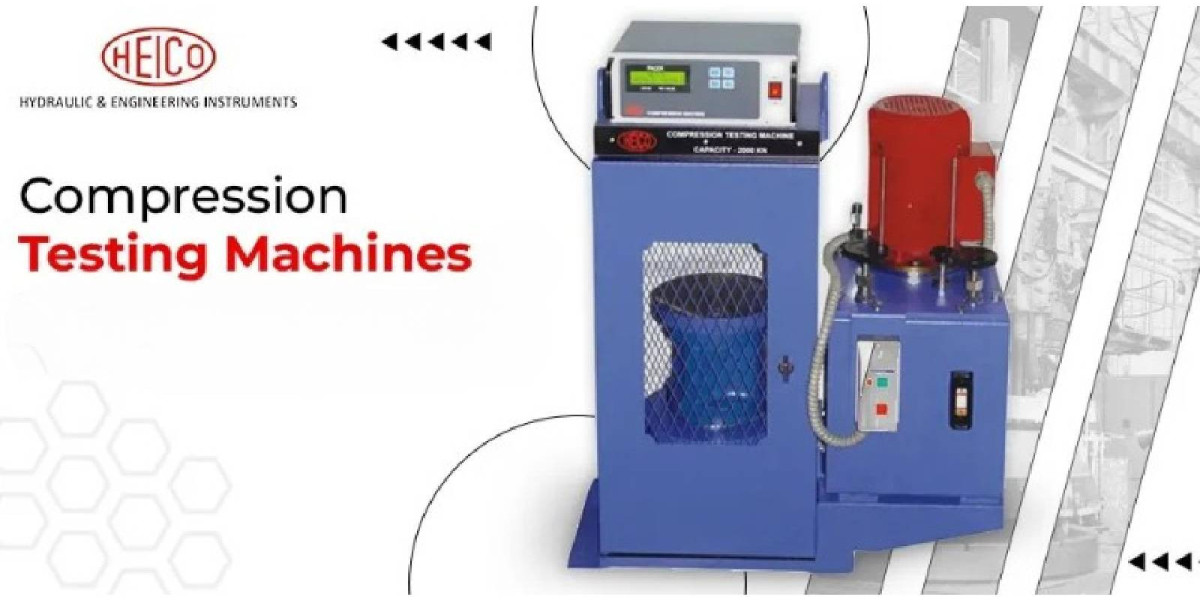Ensuring the quality and durability of construction materials is a critical part of any building process. Compression Testing Machines play a vital role in maintaining high-quality standards by evaluating the strength and performance of materials like concrete and mortar. Let’s explore why these machines are indispensable for quality assurance.
The Importance of Testing in Construction
Testing the strength and durability of cement and concrete is an essential part of construction quality control. Whether it’s raw materials, fresh concrete, or hardened concrete, evaluating these elements ensures optimal use of materials and guarantees the long-term performance of the structure. Compression Testing Machines provide accurate insights into compressive and flexural strength, enabling builders to meet stringent safety standards.
Types of Compression Testing Machines
Compression Testing Machines come in various types, catering to diverse requirements. Two popular models are:
Portable Compression Testing Machines
These hand-operated machines are perfect for on-site testing of mortar and concrete cubes. With a robust and stable frame, they deliver reliable results even under eccentric loading. A unique jack system ensures smooth operation, while the pressure gauge, calibrated to international standards, offers accurate readings. Portable models are ideal for quick, hassle-free testing without compromising accuracy.
Motorised Compression Testing Machines
Motorised models provide enhanced functionality with capacities ranging from 100 kN to 5000 kN. Suitable for larger specimens like concrete cylinders or cubes, these machines are equipped with advanced load frames and precision components. Their high degree of stability and conformity to IS and BS standards makes them a go-to choice for laboratories and large-scale projects.
Key Benefits of Using Compression Testing Machines
- Accuracy: Maintains precision within ±2% as per industry standards.
- Versatility: Handles various specimen sizes and shapes.
- Efficiency: Offers quick and reliable results to meet project timelines.
- Durability: Designed for long-term use without distortion or fatigue.
Conclusion
Compression Testing Machines ensure the structural stability and safety of concrete-based projects, making them a cornerstone of quality assurance. Whether it’s portable models for quick on-site assessments or motorized machines for advanced laboratory testing, these tools are indispensable. For reliable and high-performing machines, DHF (Dynamic Hydrofab) offers a wide range of options tailored to your testing needs.








